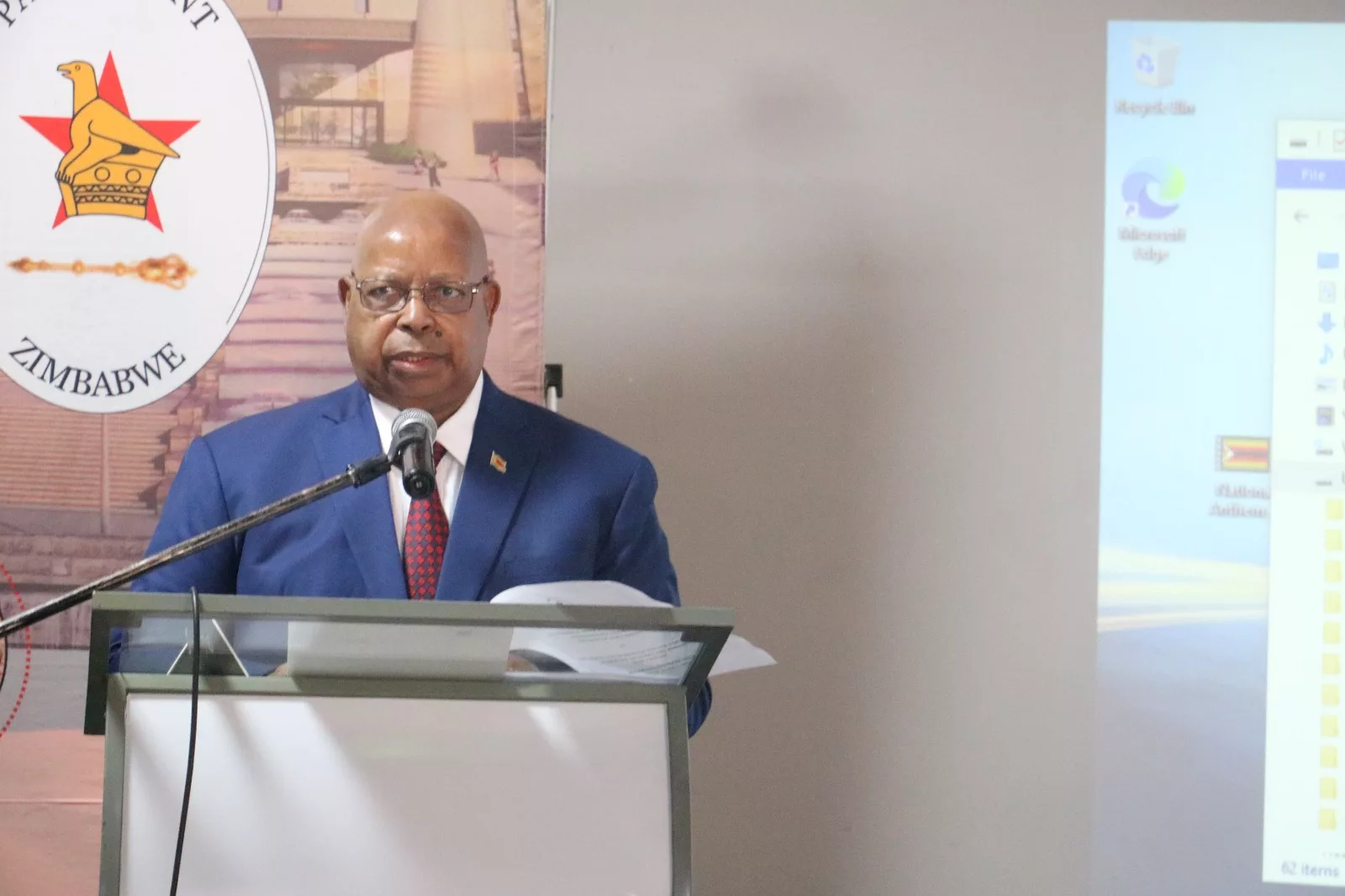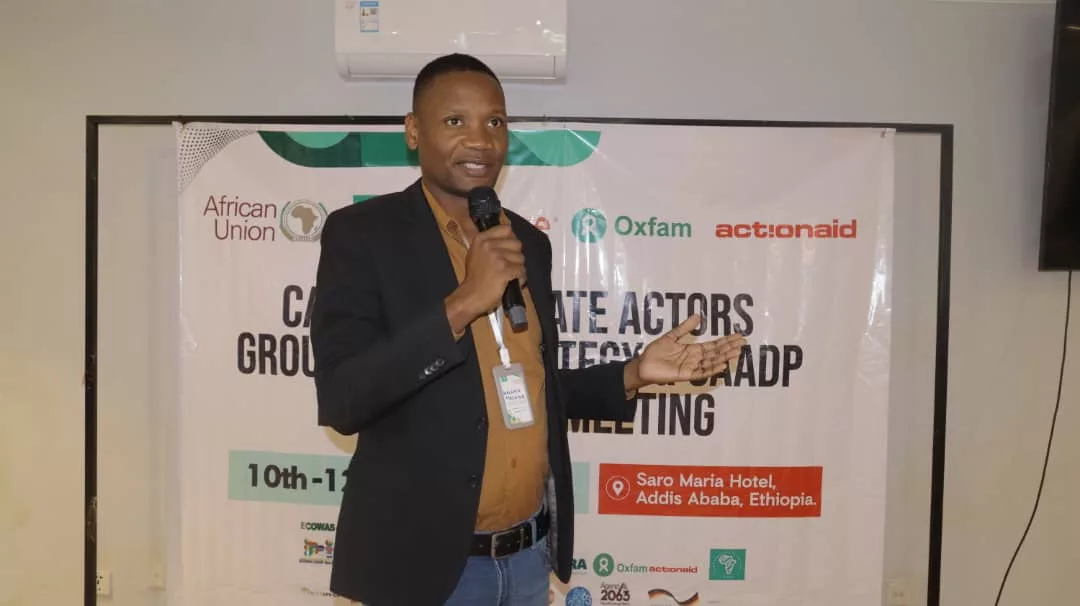By Charles Dhewa
Needs assessments are some of the most under-rated and under-utilized resources in African countries. Development agencies that often start some work in communities with a baseline study often do so for purposes of getting donor money as opposed to fully informing and guiding their interventions. In some cases, the baseline study is conducted when donor money has already been received, which begs the question: What informed the proposal for which donor money was provided?
Basing decisions on gut feelings
If development agencies full of educated people cannot collect reliable data, what about poor farmers grappling to feed their families? After spending decades working in the same communities, one asset development agencies should strive to build is a strong culture of collecting and using data at local level. COVID19 would have found most farmers having switched from relying on gut feelings for most decisions to using data and evidence.
Who are the audiences for government statistics in Africa?
What has also become clear is that African countries do not assess the data needs of different actors like farmers, traders, processors, transporters, agro-dealers and many others who should benefit from carefully collected, interpreted and packaged data. Failure to conduct needs assessment is one of the main reasons why data analysis ends at provincial and national level when farmers and other people at the local level are the ones who need the data most for their own decisions. For instance, unless farmers know collective volumes of commodities produced in their community, they will continue making poor production decisions.
In most African farming communities, at one point commodities are so abundant that they are sold for a song. A few months down the road, prices of the same commodities are tenfold. Assuming some of the food gaps used to be supplemented by imports pre-COVID-19, what are some of the supplements during the COVID-19 era which has disrupted imports? Such questions can only be answered using data.
A case for keeping data fluid
Ideally information and raw data generated through annual national crop and livestock assessments should be kept fluid so that people who want to re-purpose it can easily do so. Unfortunately, most national reports are closed and converted into portable document format. One cannot make sense of the situation through a string of tables and numbers with no clear context. By the time a crop and livestock assessment report is published, the situation on the ground will have changed.
Volumes are expressed in metric tons which is not how quantities are expressed at grassroots where communities talk in terms of bags, baskets, buckets and other contextual measurements. One of the challenges is that statisticians are not implementers on the ground who can provide contextual nuances. They just punch numbers in a machine and generate some numbers which may easily take the information out of context.
Naked figures are meaningless without stories
African agriculture comprises many moving parts which cannot be understood through historical data only. A string of naked datasets provided by national statistical agencies without nuanced interpretation tends to be meaningless for the majority. Interpretation is what brings out lessons which can be converted into opportunities. Farmers may not express their experiences or knowledge in figures or percentages but their decisions are intelligent and meaningful. For instance, they may prefer selling their maize to the informal market where they earn 30% less income which comes on time than wait six months for a higher payment which comes late. If the time-lag is carefully calculated and expressed in monetary terms, it may reveal that earning less on time is better than earning more after waiting for several months.
The quality of answers is as good as the questions asked
Just as primitive and rudimentary tools make it difficult to mine minerals like diamonds, gold and platinum, primitive information gathering tools and interpretation frameworks makes it impossible for anyone to mine knowledge bases in many African communities. That is why most reports produced by governments and development agencies end up gathering dust because no one has invested in identifying users and their needs. The same information end up being recycled at policy level because pathways for embedding it into communities have not been created. Crop and livestock assessment reports fail to speak to local communities who are the main sources of information and can enrich the reports if kept fluid.






